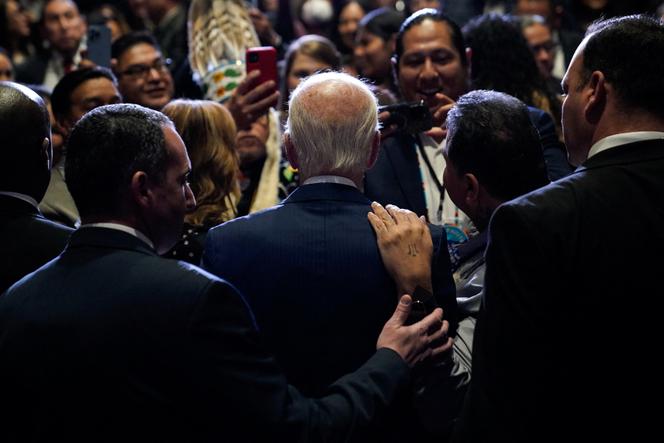


Joe Biden hasn't left yet, but he's not really here anymore either. Everyone is well-acquainted with the unfortunate fate of lame ducks, American presidents about to step aside at the end of their term. Lame-duck status has been particularly brutal for the 82-year-old veteran Democrat. His first exit came in July, when his party and donors forced him to drop out of the presidential race. Donald Trump's victory on November 5 then pushed his political mute button.
While the Republican was named Time magazine's Person of the Year, and strutted about at the opening of the Wall Street stock market as if his excellent health were his own doing, Biden has become no more than a shadow president. His physical frailty is obvious. On December 10, he gave a speech at the Brookings Institution think tank to defend his economic record, the true extent of which will only become known after several years' time. Biden spoke of the end of the Covid era, the return to full employment and the largest investments in infrastructure and forward-looking sectors since the New Deal in the 1930s under President Franklin D. Roosevelt. "Of course, this economic growth is not without pain," he said, in a reference to the cost of living. Biden also warned his successor that cutting taxes for the wealthiest and imposing heavy tariffs on imported goods would be "a major mistake."
You have 82.59% of this article left to read. The rest is for subscribers only.
